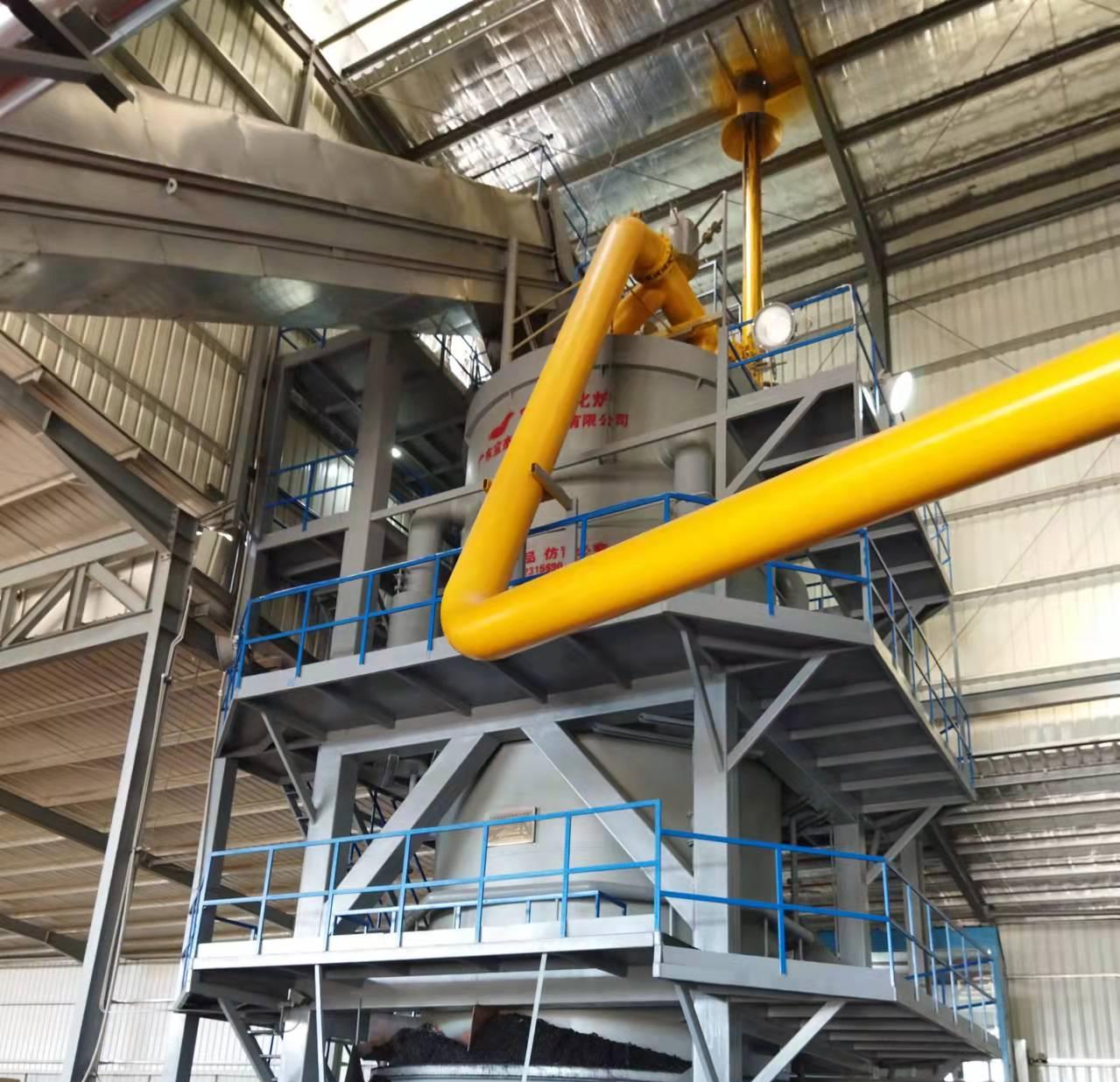R&D and manufacture of biomass gasification equipment, environmental protection equipment, boiler equipment, investment in heating (steam) energy operation and management.
Tel:+86 0769-82928980
E-mail:[email protected]
Web Menu
Product Search
Exit Menu
Industry News
Comparing Efficiency: Biomass Gasifiers vs. Other Biomass Energy Conversion Technologies
When evaluating the efficiency of biomass gasifiers in comparison to other biomass energy conversion technologies, it's essential to understand the various mechanisms and factors that influence their performance. Biomass gasification, a process that converts organic materials into syngas (a mixture of carbon monoxide, hydrogen, and methane) through thermal and chemical reactions, holds a unique position in the spectrum of biomass energy technologies. This process involves several stages: pyrolysis, oxidation, reduction, and reforming. Each stage plays a crucial role in breaking down biomass into valuable gases, which can then be used for power generation, heating, or as a chemical feedstock.
One of the primary advantages of biomass gasifiers is their ability to produce a versatile fuel in the form of syngas. The efficiency of this conversion depends heavily on the design of the gasifier and the conditions under which it operates. In contrast to direct combustion, which burns biomass to produce heat, gasification generates a cleaner and more efficient energy carrier. This is due to the fact that gasification processes biomass in an oxygen-deficient environment, leading to a higher energy yield compared to direct combustion, where a significant portion of the energy is lost in the form of heat. Gasifiers also have the ability to reduce the volume of solid waste and tar production, which are common by-products in combustion systems.
Comparing biomass gasifiers to other biomass energy technologies, such as anaerobic digesters or biodigesters, reveals distinct differences. Anaerobic digestion converts organic materials into biogas (primarily methane and carbon dioxide) through microbial processes. While anaerobic digesters are effective for managing organic waste and producing biogas, their efficiency in energy conversion is generally lower than that of biomass gasification. This is because the digestion process tends to produce lower energy content gases and often requires additional infrastructure for handling and processing the digestate. Furthermore, gasification can handle a broader range of feedstocks and is not limited to materials that are primarily composed of wet or organic waste, unlike anaerobic digesters.
On the other hand, technologies such as biomass boilers and combined heat and power (CHP) systems operate through direct combustion or co-firing biomass with fossil fuels. These systems are straightforward and often less complex to operate than gasifiers, but they typically suffer from lower efficiency when it comes to converting biomass into usable energy. Direct combustion systems tend to have higher emissions and less flexibility in feedstock types. Although CHP systems can utilize biomass combustion for both electricity and heat, they generally do not achieve the same level of syngas quality and efficiency as gasifiers, particularly in terms of cleaning and optimizing the fuel for specific applications.

In terms of commercial value, biomass gasifiers offer several advantages. They can achieve high thermal efficiency and produce syngas that can be cleaned and used for a variety of applications, including power generation and as a chemical feedstock. This versatility, combined with the potential for lower emissions and reduced waste, makes biomass gasifiers an attractive option in both small-scale and industrial applications. However, the initial cost of installation and the complexity of operation can be higher compared to simpler combustion systems or anaerobic digesters.
Biomass gasifiers generally provide superior efficiency in converting biomass into valuable energy compared to direct combustion and anaerobic digestion. They produce a higher quality fuel with greater flexibility and cleaner operation, though they come with higher upfront costs and operational complexity. Understanding these factors can help stakeholders make informed decisions when choosing the most appropriate biomass energy technology for their specific needs and conditions.
Quick Links
Products
contact Us
 Tel: +86 0769-82928980
Tel: +86 0769-82928980 Fax: [email protected]
Fax: [email protected] E-mail: [email protected]
E-mail: [email protected] Company Address: Dalang Chamber of Commerce Building, No. 288 Yinlang South Road, Dalang Town, Dongguan City 13333, China
Company Address: Dalang Chamber of Commerce Building, No. 288 Yinlang South Road, Dalang Town, Dongguan City 13333, China Factory Add:
West side of Centre Road and south side of Zhongyuan Road within Hongcaoyuan, Hongcao Town, Shanwei Urban District
Factory Add:
West side of Centre Road and south side of Zhongyuan Road within Hongcaoyuan, Hongcao Town, Shanwei Urban District
Copyright© 2022 Guangdong Bao Jie Technology Co., Ltd.All Rights Reserved.


 EN
EN 





